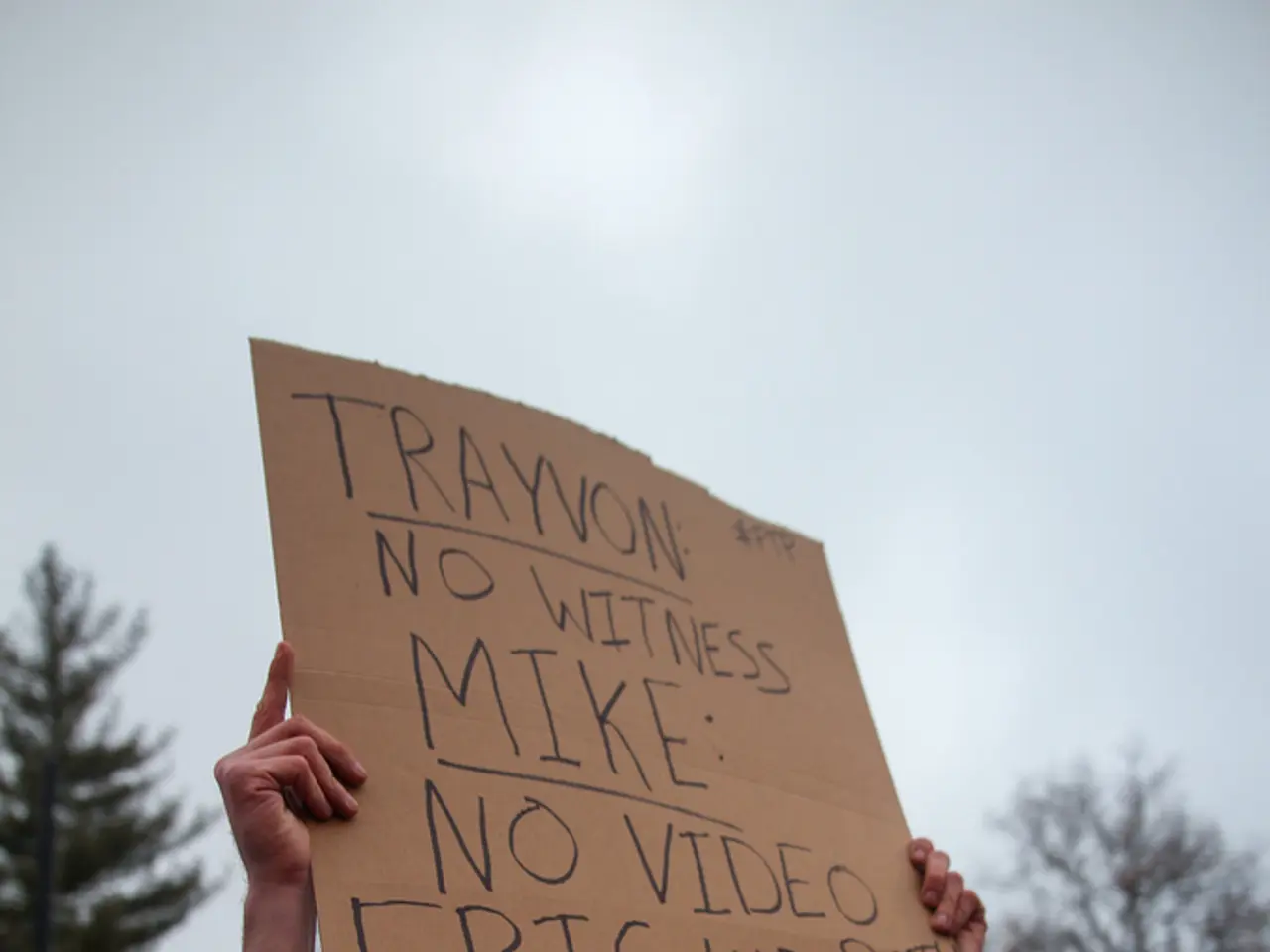"Elon Musk's Outburst: Insight into His Strong Objections Against the Budget"
In a series of tweets and public statements, tech mogul Elon Musk has expressed his opposition to the "Big Beautiful Bill," a significant GOP tax and spending legislation endorsed by former President Donald Trump. Musk's criticisms centre around three key points: the bill's potential to escalate the national debt, its phase-out of electric vehicle (EV) tax credits, and its perceived harm to the middle class and job creation.
Musk has labelled the bill as "the biggest debt increase in history" and "utterly insane and destructive," arguing that it will lead to "irreparable harm to our energy and technology sectors." Particularly concerning for Musk is the impact on the renewable energy industry and green incentives, which he believes will be adversely affected by the bill's provisions.
One of the most contentious issues for Musk is the bill's proposed phase-out of EV tax credits, a move that could cost Tesla billions. Musk strongly opposes this decision, as it undermines support for electric vehicles, a sector he heavily invests in.
Furthermore, Musk believes the bill is too expensive and harmful to the middle class. Polls suggest that most Americans believe the bill will negatively impact ordinary families, with benefits disproportionately going to the wealthy and corporations.
In response to the bill, Musk has vowed to back primary challenges against Republican lawmakers who voted for the legislation, aiming to unseat those supporting what he sees as irresponsible spending. He has also signalled his intention to launch a new political party, the "America Party," to oppose the bill and the politicians who support it, signalling a broader political challenge to the GOP establishment endorsing the legislation.
Although Musk has not detailed exact alternative provisions or amendments to the bill itself, his criticism centres on restoring or preserving green energy incentives (particularly EV tax credits) and reducing government spending to prevent further national debt increases.
However, Musk's attempts to root out waste, fraud, and abuse in the government have not been without controversy. Some critics argue that he has been seen as a "cutter of whatever he wants" rather than an exposer of waste.
The "Big Beautiful Bill" is projected to cut $3.75 trillion in taxes and add $2.4 trillion to the federal deficit. If passed, it is expected to leave 10.9 million people without health insurance by 2034.
As the bill moves through the Senate, Musk's criticism and proposed political actions are likely to continue, adding a tech-industry twist to the ongoing political debate.
- Elon Musk, in criticizing the "Big Beautiful Bill," has stated that it could lead to the "biggest debt increase in history" and cause "irreparable harm" to the energy and technology sectors.
- One of the key areas of concern for Musk is the bill's proposed phase-out of EV tax credits, a move that could cost his company, Tesla, billions and undermine support for electric vehicles.
- Musk believes the bill is too expensive and harmful to the middle class, echoing the sentiments of polled Americans who think it will disproportionately benefit the wealthy and corporations.
- In response to the bill, Musk has announced his intention to back primary challenges against Republican lawmakers who voted for the legislation and to launch a new political party, the "America Party," to oppose the bill and its supporters.
- While Musk's efforts to eliminate waste, fraud, and abuse in government have been controversial, his criticism of the "Big Beautiful Bill" involves advocating for the preservation or restoration of green energy incentives and a reduction in government spending to prevent further national debt increases.




